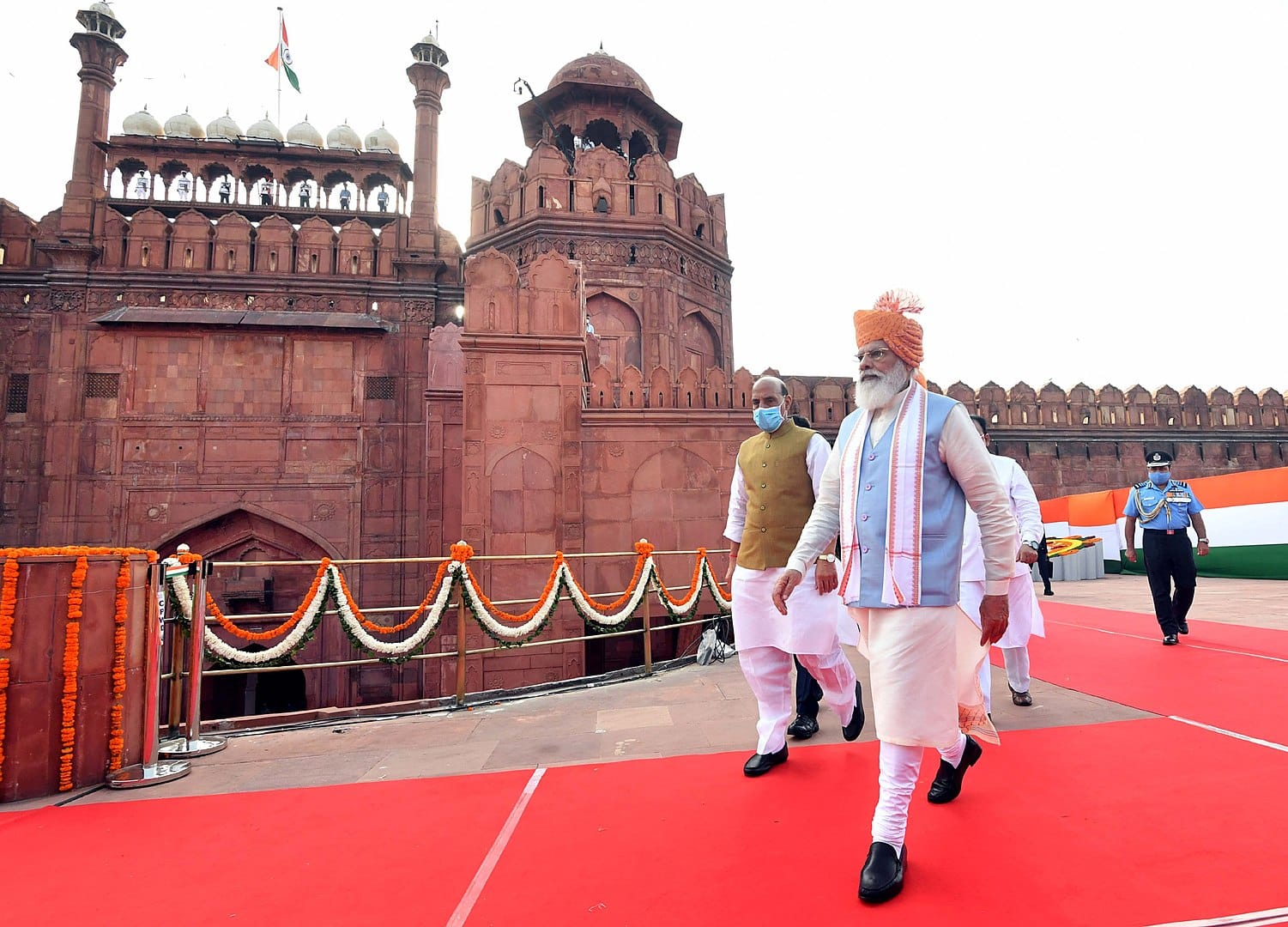 BBC News
BBC NewsBorrowing was £17.4bn last month, the second highest October figure since monthly records began in 1993.

Dinesh Dhamija
Almost a decade has passed since Narendra Modi became Indian Prime Minister in 2014, yet he is still setting records for electoral popularity. Barring a catastrophe, he appears certain to win next year’s general election for a third five-year term.
Just a few days ago, his Bharatiya Janata Party (BJP) won three out of four contested state elections, taking both Rajasthan and Chhattisgarh in the north of India from Congress and maintaining hold of Madhya Pradesh for an unprecedented fifth term. Only the recently formed southern state of Telangala voted for Congress.
The arithmetic of Modi’s dominance is striking. Prior to the recent votes, the BJP and its allies-controlled states representing 45 per cent of the Indian population. Now they control 16 out of 29 states, equal to 60 per cent of the population. No Congress chief minister has been re-elected since 2014.
Although state and national votes are fought on different criteria, Modi enjoys such widespread support – and the BJP campaigned this time explicitly on his record – that he should sail through the ballot next May.
What explains this lengthy run? One factor is Modi’s appeal to women. They turn out in huge numbers to vote for the BJP, thanks to policies such as the Swachh Bharat (‘clean India’) mission to improve sanitation. This has improved not only standards of hygiene across India but security for women and girls. A welfare system that delivers benefits directly to women, rather than via their husbands, is equally valued.
These days, an increasing number of women vote for the BJP even when their husbands vote for Congress – a novel sign of independence.
In the recent elections, Modi doubled down on policies designed to win the female vote, promising 5kg of free grain per month to 800 million people. Having boosted India’s economy, projected the country’s power overseas, his personal modesty and devotion to Hinduism is a potent asset for the BJP to which Congress appears to have no answer.
Modi’s argument that a vote for BJP would give them a ‘double engine’ of local and national representation has persuaded many former Congress supporters to switch sides. When they see the bounties disbursed to Modi’s home city of Ahmadabad in Gujarat or his constituency in Varanasi, they want a piece of the same pie.
Congress is at a loss to know where to go next. The latest results were “deeply shocking,” said a spokeswoman. The old aura of the Gandhi-Nehru dynasty has worn thin, after decades of economic under-performance.
There remain plenty of challenges, not least chronic unemployment, and under-investment in India’s manufacturing sector. But on the basis of his record so far, I think Modi richly deserves to win another term.
As I write in my latest book The Indian Century, thanks to Modi: “In international affairs, India is no longer shy or cowed by other nations. It speaks with confidence and authority and acts with the country’s own interests at heart.”
Dinesh Dhamija founded, built and sold online travel agency ebookers, before serving as a Member of the European Parliament. His latest book, The Indian Century, will be out soon.